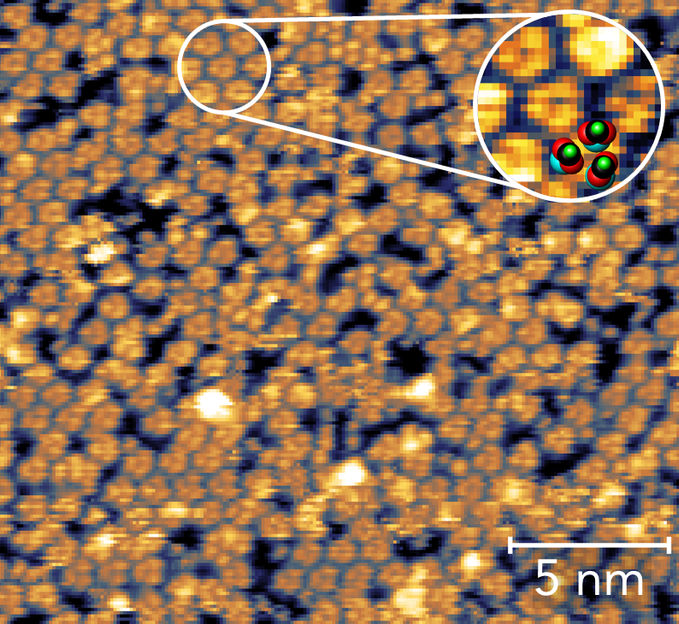Thermo Fisher Scientific Launches Program to Meet Melamine Detection Challenges
Thermo Fisher Scientific Inc. announced it has launched a program focused on assisting government and commercial food testing laboratories in the development and implementation of methods for the analysis of melamine in food products imported from China. This new program comes in response to the recent alert issued by the U.S. Food and Drug Administration (FDA).
The U.S. FDA Import Alert #99-30 sets forth guidelines requiring the "Detention without physical examination of all milk products, milk derived ingredients and finished food products containing milk from China due to the presence of melamine and/or melamine analogs.” This alert is expected to put new pressures on food producers and retailers and increase demand for timely testing by commercial laboratories. The alert includes specific guidelines for product testing as well as requirements that need to be met before a detained product can be released.
“Thermo Fisher Scientific is able to provide a complete testing solution – including sample preparation, instrumentation, consumables and methods support – necessary to enable a laboratory to perform the sample analysis according to FDA alert requirements,” said Marc N. Casper, chief operating officer of Thermo Fisher Scientific. “We’re leveraging the knowledge of our food safety experts and our extensive portfolio of technologies and services to develop new testing methods that increase sample throughput and ensure that melamine testing is both rapid and thorough.”
Melamine, an inexpensive industrial chemical used primarily in the manufacture of plastics, and cyanuric acid, a byproduct of melamine, have been linked to food contamination primarily in milk-based products and food additives. Melamine is added to increase the perceived protein content of milk products. Humans and animals cannot metabolize melamine and cyanuric acid, which can eventually crystallize in the kidneys, resulting in a variety of illnesses; melamine contamination has also been linked to several deaths in China. While the current FDA alert is focused on milk and milk-based products, melamine has also been found in pet foods, eggs and produce.
Other news from the department research and development
These products might interest you

Gilson MyPIPETMAN Select and MyPIPETMAN Enterprise Pipettes by Gilson
Grab the Gilson pipettes with your name and favorite colors!
Customise Your Pipettes to Fit Your Research

Systec H-Series by Systec
Safe, reproducible and validatable sterilization of liquids, solids and waste
Autoclaves with 65-1580 liters usable space, flexibly expandable for various applications

Whatman™ folded filter papers by Cytiva
Whatman folded filter papers
Convenient folded formats speed up your sample preparation

Get the chemical industry in your inbox
By submitting this form you agree that LUMITOS AG will send you the newsletter(s) selected above by email. Your data will not be passed on to third parties. Your data will be stored and processed in accordance with our data protection regulations. LUMITOS may contact you by email for the purpose of advertising or market and opinion surveys. You can revoke your consent at any time without giving reasons to LUMITOS AG, Ernst-Augustin-Str. 2, 12489 Berlin, Germany or by e-mail at revoke@lumitos.com with effect for the future. In addition, each email contains a link to unsubscribe from the corresponding newsletter.





























































